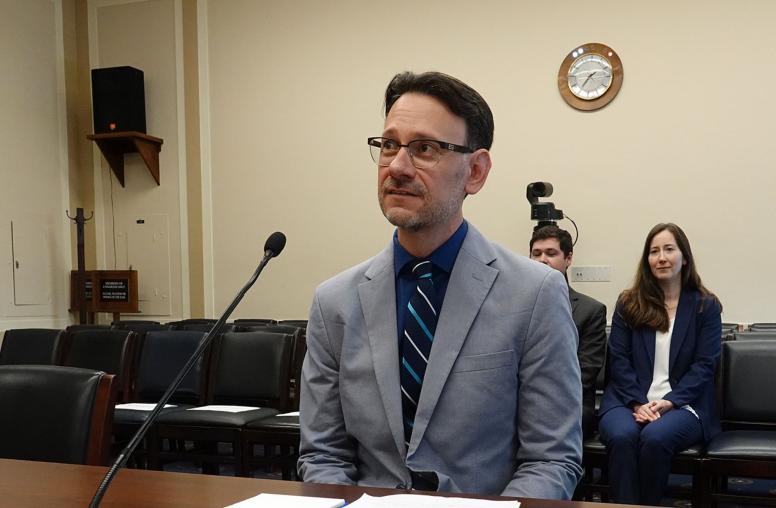Can Power-sharing Arrangements Deliver Peace?
Power-sharing arrangements are often applied as a means to address conflict between two parties. But practitioners and policymakers alike agree that the foundation for such arrangements requires considerable strategy and planning, including articulating clear objectives and expectations. Under what conditions do power-sharing arrangements work? What are the key ingredients to help unity governments succeed? Do power-sharing arrangements build political trust by delivering to citizens?
The U.S. Institute of Peace hosted a discussion exploring these critical questions. By exploring recent research in the Philippines, the panel considered the effects a power-sharing peace agreement has on citizens' trust in the national government, helping policymakers better understand how to build political trust in the aftermath of intrastate conflict. Review the conversation on Twitter with #ProductivePowerSharing.
Speakers
Jeff Helsing
Associate Vice President, U.S. Institute of Peace
Rosarie Tucci
Director, Inclusive Societies, U.S. Institute of Peace
Susan Stigant
Director, Africa Programs, U.S. Institute of Peace
Caroline Hartzell
Professor, Political Science Department, Gettysburg College
Matthew Hoddie
Associate Professor, Towson University
Clark Letterman
Survey Research Specialist, Research Triangle Institute International



